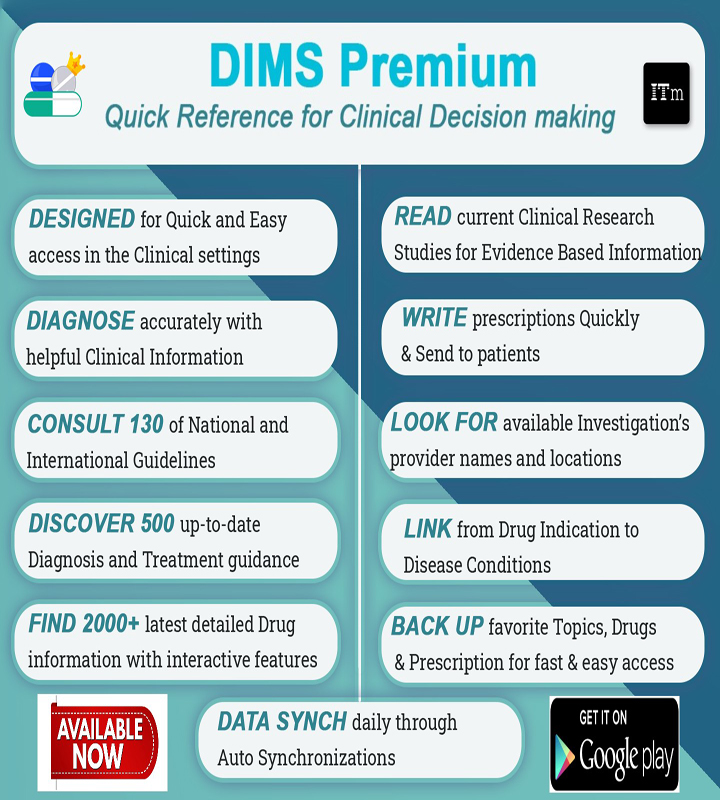Association of Intake of Artificial Sweeteners with Risk of Cardiovascular Diseases
BMJ: British Medical
Journal: Published on September, 2022
The harmful effects of added sugars on various health
outcomes including cardiometabolic disorders have been extensively studied,
meta-analysed and are currently recognised as major risk factors by public
health authorities. In particular, the World Health Organization recommends
that less than 5% daily energy intake should come from free sugar.
Artificial sweeteners emerged as an alternative to added
sugar that enabled the sweet taste to be reproduced without using sugar and
therefore reduced calorie content from free sugar
An extensive number of brands worldwide contain these food
additives, especially ultra-processed foods such as artificially sweetened
beverages, some snacks, and low calorie ready-to-go meals or dairy products. Artificial
sweeteners are also directly used by consumers as table top sweeteners instead
of sugar.
Acceptable daily intakes for each artificial sweetener have
been set by the European Food Safety Authority (EFSA), the United States Food
and Drug Administration, or the Joint Expert Committee on Food Additives.
The aim is to study the associations between artificial sweeteners from all dietary sources (beverages, but also table top sweeteners, dairy products, etc), overall and by molecule (aspartame, acesulfame potassium, and sucralose), and risk of cardiovascular diseases (overall, coronary heart disease, and cerebrovascular disease).
TAKE-HOME MESSAGE
In this prospective cohort study, the association of the
intake of artificial sweeteners with cardiovascular disease was evaluated in
103,388 French adults using self-reported dietary recall.
The intake of artificial sweeteners such as aspartame,
acesulfame potassium, and sucralose was associated with an increased risk of
cardiovascular disease. The intake of artificial sweeteners appears to be a
modifiable risk factor for cardiovascular disease.
Aspartame was associated with the highest
risk of stroke, and it is absorbed and metabolized into a variety of compounds,
one of which is formaldehyde. This may break down the blood–brain barrier,
increasing the risk of CNS toxicity, inflammation, and stroke.
Sucralose was associated with the
highest coronary heart disease risk and is only partially absorbed systemically
and may have its greatest effect on the microbiome.
Study endpoints included cardiovascular diseases including
heart disease, coronary artery disease, and stroke. This was a young cohort
(median age, 42.2 years), revealing that the incidence of one of these events
at a relatively young age is particularly worrisome.
The findings from this
large scale prospective cohort study suggest a potential direct association
between higher artificial sweetener consumption (especially aspartame, acesulfame potassium, and sucralose) and
increased cardiovascular disease risk.
Doctors Liked to Read More
OBJECTIVES
To study the associations between artificial sweeteners from
all dietary sources (beverages, but also table top sweeteners, dairy products,
etc), overall and by molecule (aspartame, acesulfame potassium, and sucralose),
and risk of cardiovascular diseases (overall, coronary heart disease, and
cerebrovascular disease).
DESIGN
Population based prospective cohort study (2009-21).
SETTING
France, primary prevention research.
PARTICIPANTS
103 388 participants of the web based NutriNet-Santé cohort
(mean age 42.2±14.4, 79.8% female, 904 206 person years). Dietary intakes and
consumption of artificial sweeteners were assessed by repeated 24 h dietary
records, including brand names of industrial products.
MAIN OUTCOMES MEASURES
Associations between sweeteners (coded as a continuous
variable, log10 transformed) and cardiovascular disease risk, assessed by
multivariable adjusted Cox hazard models.
RESULTS
Total artificial sweetener intake was associated with
increased risk of cardiovascular diseases (1502 events); absolute incidence
rate in higher consumers (above the sex specific median) and non-consumers was
346 and 314 per 100 000 person years, respectively. Artificial sweeteners were
more particularly associated with cerebrovascular disease risk (777 events).
Aspartame intake was associated with increased risk of cerebrovascular events,
and acesulfame potassium and sucralose were associated with increased coronary
heart disease risk.
CONCLUSIONS
The findings from this large scale prospective cohort study
suggest a potential direct association between higher artificial sweetener
consumption (especially aspartame, acesulfame potassium, and sucralose) and
increased cardiovascular disease risk. Artificial sweeteners are present in
thousands of food and beverage brands worldwide; however they remain a
controversial topic and are currently being re-evaluated by the European Food
Safety Authority, the World Health Organization, and other health agencies.






Comments
You must login to write comment